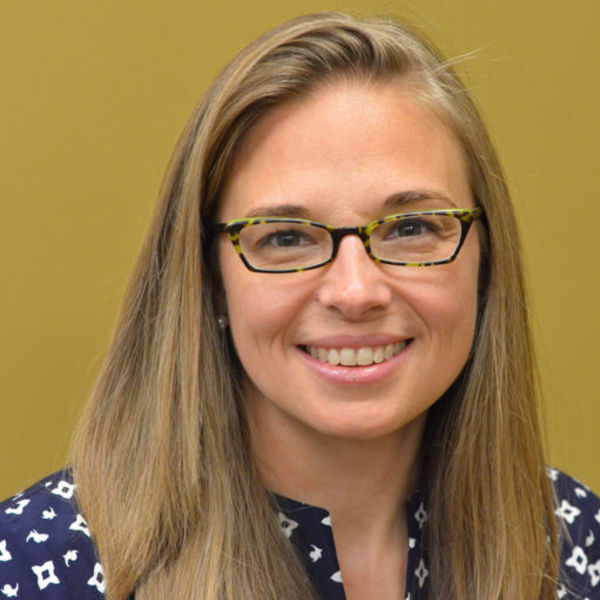“It is the starved imagination, not the well-nourished, that is afraid.”
–E.M. Forster
If we are to think of the Church as a field hospital, as Pope Francis has suggested, with “the mission to heal the wounds of the heart, to open doors, to free people, to say that God is good, God forgives all . . . God always waits for us” (Homily, Casa Santa Marta, 2.5.15), then those of us responsible for preparing ministers for this field hospital Church must place the nourishment of our students’ imaginations at the center of their and our work. It takes a great deal of courage and pastoral creativity to approach deep wounds, to open closed doors, to receive and speak rightly of God’s forgiveness and affection.
In Echo, students engage simultaneously in various dimensions of the program—study, prayer, community, ministry, formation.
But the key to a well-nourished Catholic imagination is not just being in Catholic places and doing and consuming Catholic things. Fragmented busyness might make us feel full but it often leaves us overfed and undernourished.
The key to nourishing the Catholic imaginations of our students is not only to grant them access to Scripture and the Church’s rich theological tradition through their coursework, or to provide space to pray and receive the sacraments, or to place them in meaningful jobs with knowledgeable mentors, or to challenge them to live faithfully in community, but to do this formation in a distinctly integrative way.
Bringing theological study into formal conversation with the Church’s pastoral needs, the student’s prayer, personal history, and professional skills and challenges, generates new personal, intellectual, and vocational horizons in the student’s and the community’s imagination. We cannot move toward that which we cannot imagine. Integrative formation in Echo tills and nourishes the soil of the imagination, revealing new horizons that unify students’ understanding of God, themselves, the Church, and how and where they are being called to heal and be healed, to teach and be taught, to love and be loved.
During orientation this summer for our apprentices and teachers, Echo students will take a campus pilgrimage through Jesus’ life—from Fr. Lauck’s sculpture of Mary’s Visitation to Elizabeth outside Eck Visitors Center, to the Holy Family statue behind Coleman-Morse Center, to Mestrovic’s Jesus and the Samaritan Woman at Jacob’s Well near O’Shaughnessy Hall, to his Pietà in the Basilica of the Sacred Heart.
At each location, students will learn about the artist’s creative process, pray with the Gospel passage that inspired each sculpture, reflect on the scenes from Jesus’ family life, ministry, and Crucifixion, consider their own life’s journey in light of Jesus’, and share their reflections with classmates as they walk between stations. Jesus’ Incarnation embraced every dimension of human life; formation for ministry in the field hospital Church should, too.
As the pilgrimage migrates from orientation to theology coursework, M.A. Director Dr. Katie Cavadini will continue to till and nourish the soil of the Echo students’ imaginations for what their studies might make of them. Dr. Cavadini invokes French philosopher and mystic Simone Weil, who writes that the goal of Christian studies is not academic success but rather “trying really hard,” developing one’s attention, of which prayer consists, and growing in faith, humility, and one’s desire for God (“Reflections on the Right Use of School Studies with a View to the Love of God” in The Simone Weil Reader, ed. Panichas, 44–45).
The Echo staff and M.A. faculty do not create our students’ imaginations nor the new horizons they reveal; the Spirit of God does that. We do create the conditions in which the soil of the imagination can be tilled and well nourished and where these new horizons are more likely to be seen and pursued with courage.
To learn more about the McGrath Institute for Church Life's mission of nourishing the Catholic imagination and renewing the Church, read this week's Editorial Musings by Timothy O'Malley.
Featured Image: Ivan Mestrovic, Jesus and the Samaritan Woman at Jacob’s Well; Photo: Carolyn A. Pirtle; used with permission.
